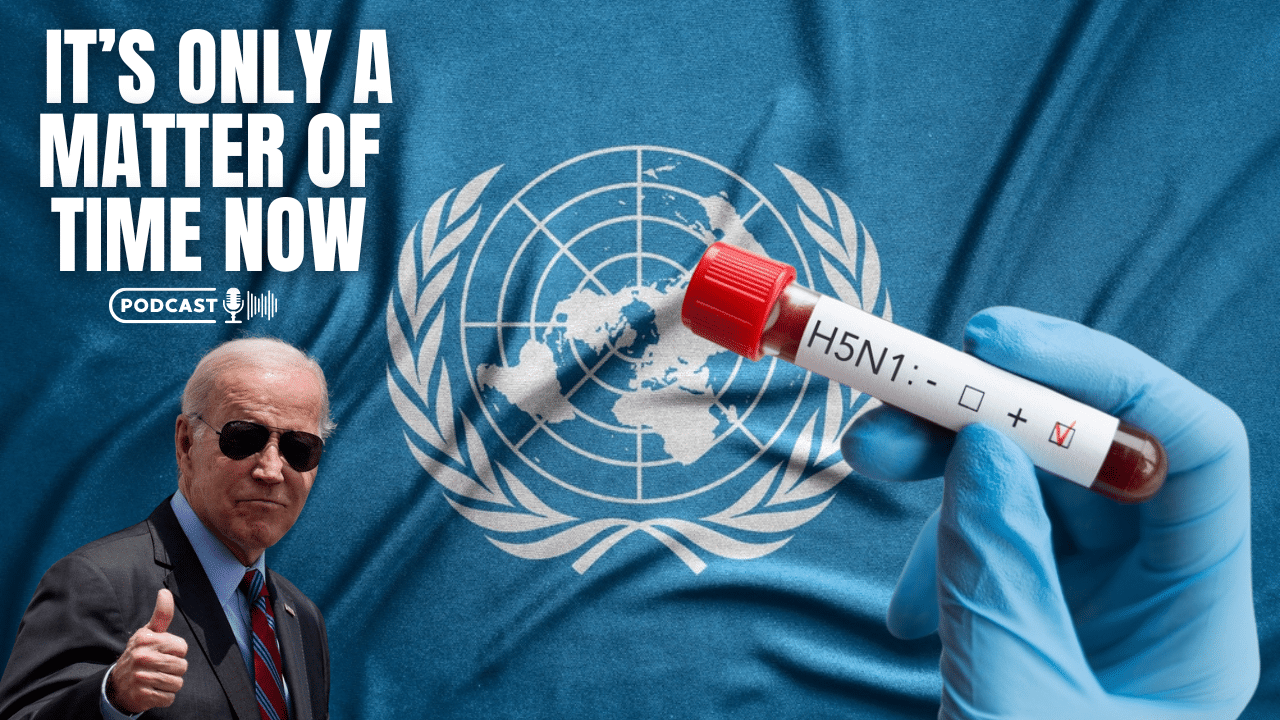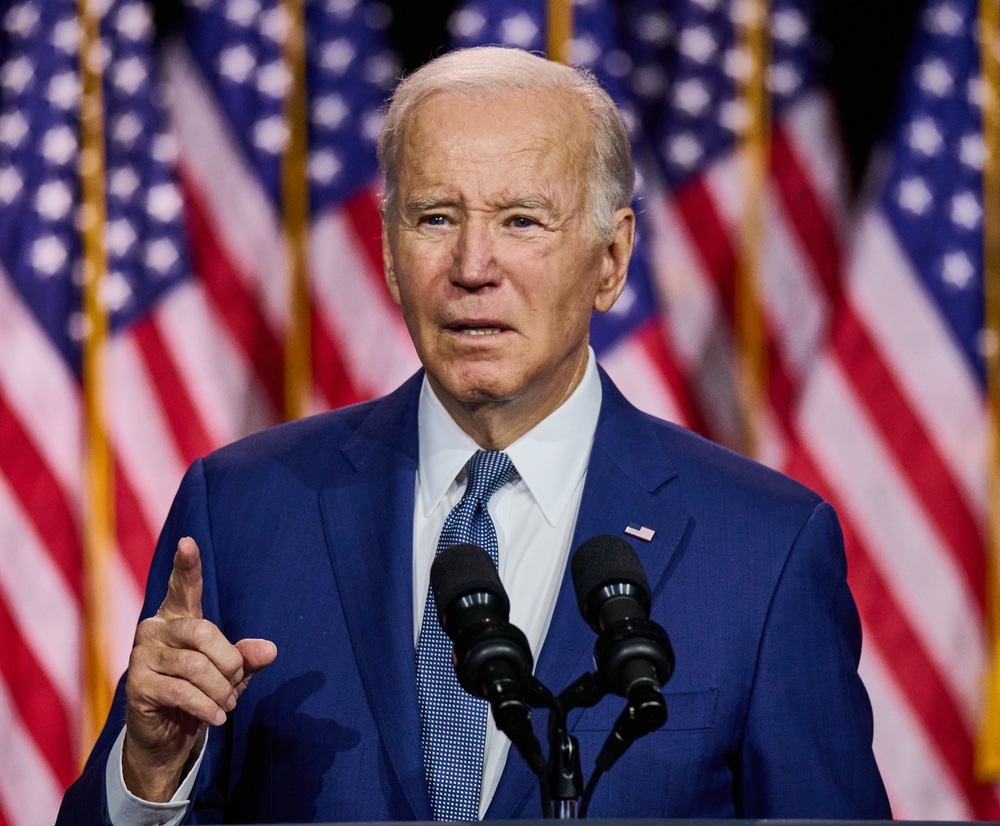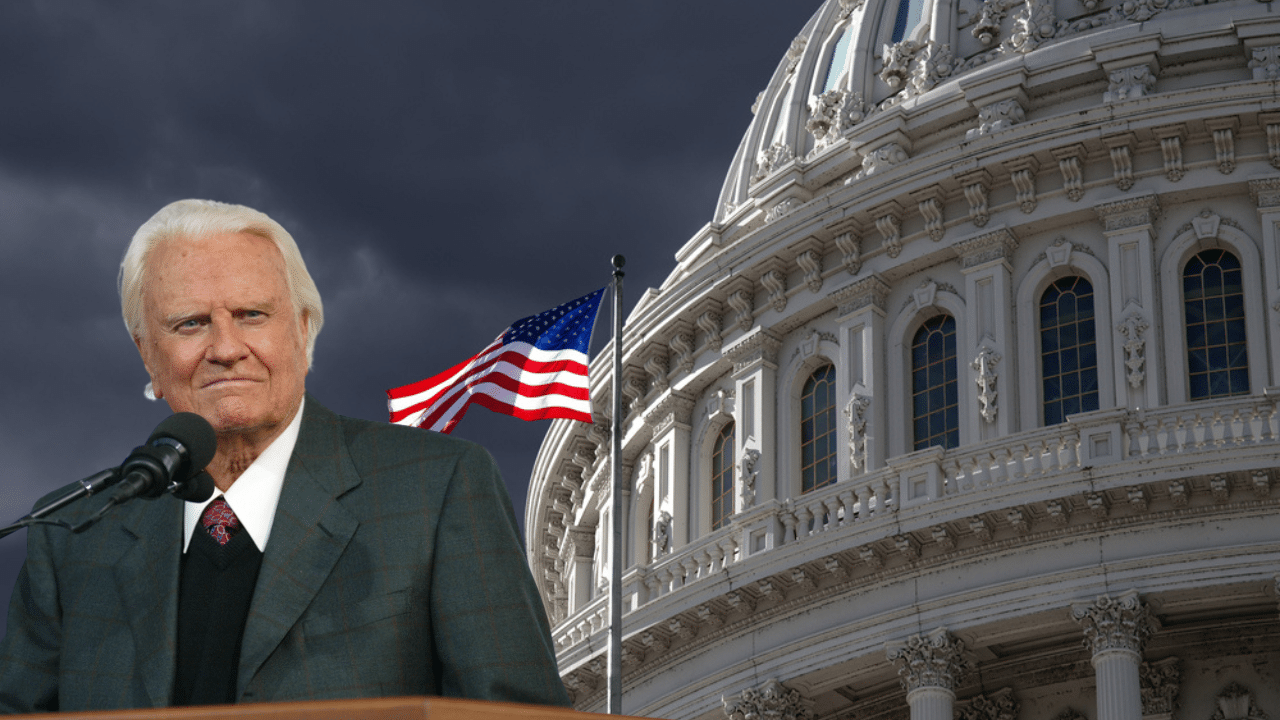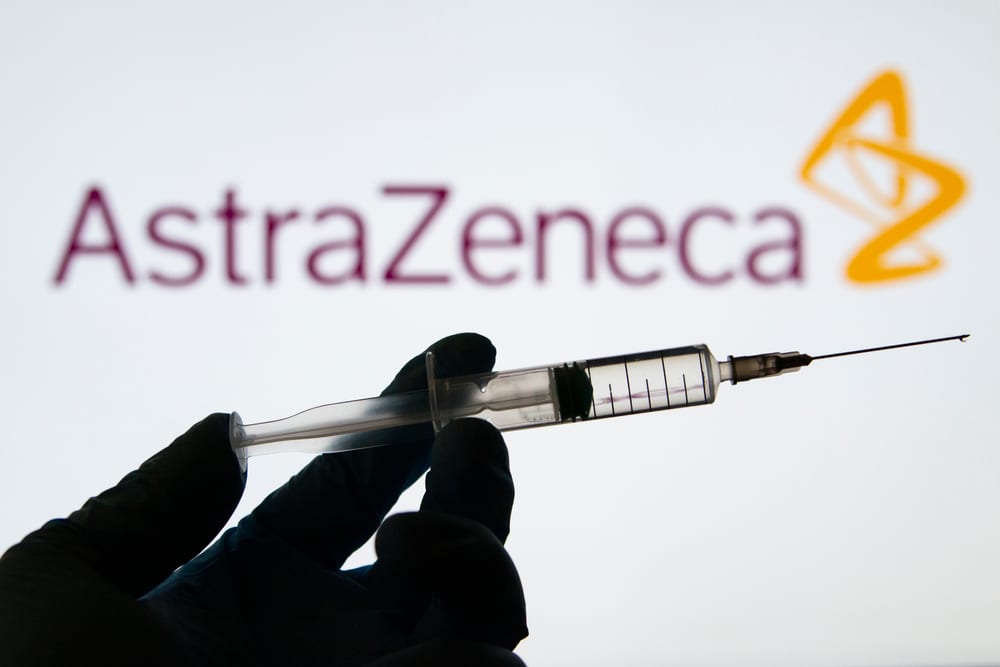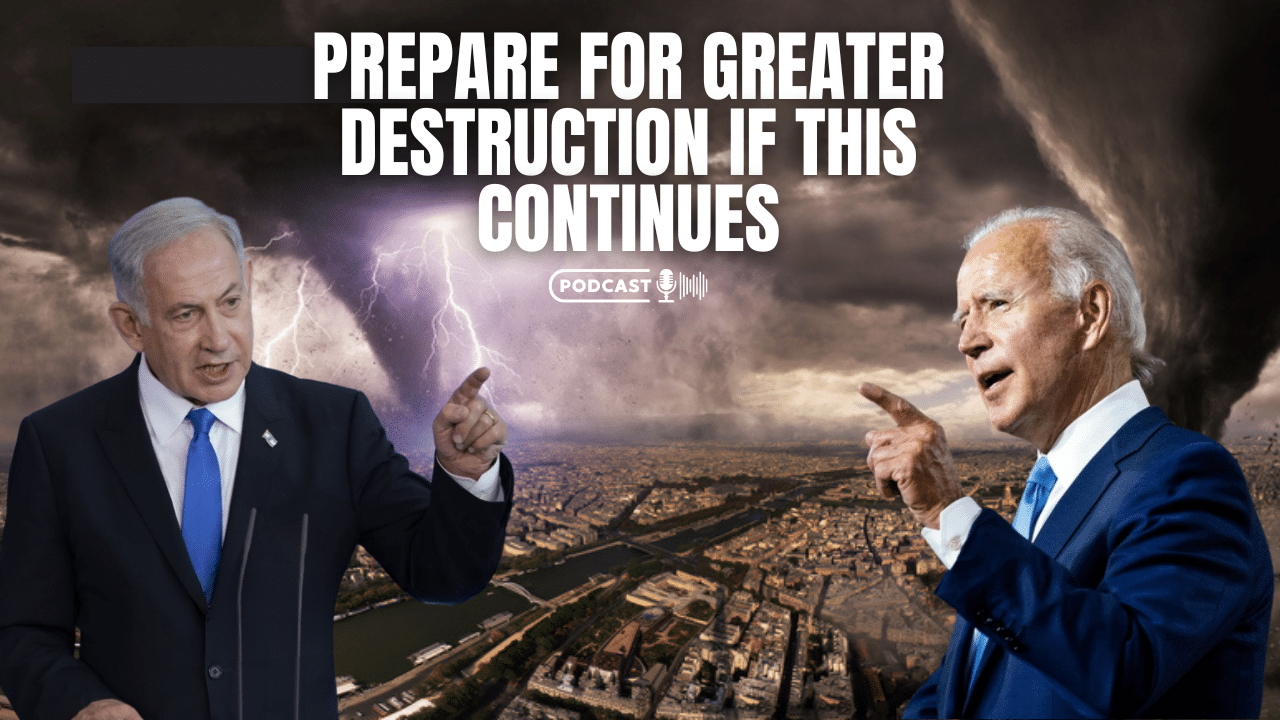The Biden administration finalized regulations severely tightening restrictions on fine particulate matter that the manufacturing and energy sectors are legally allowed to emit, an action that industry said would have devastating economic consequences.
The Environmental Protection Agency (EPA) unveiled the regulations Wednesday morning in a joint announcement with environmental activists, saying limiting particulate matter known as PM2.5 or soot would have health benefits for Americans nationwide. The rulemaking lowers the annual PM2.5 standard from a level of 12 micrograms per cubic meter to a level of 9 micrograms per cubic meter.
“Today’s action is a critical step forward that will better protect workers, families and communities from the dangerous and costly impacts of fine particle pollution,” EPA Administrator Michael Regan told reporters in a call.
“The science is clear. Soot pollution is one of the most dangerous forms of air pollution and is linked to a range of serious and potentially deadly illnesses, including asthma and heart attacks.”
“The stronger standard is designed to ensure clear, routine pathways for industry to continue to upgrade and build while maintaining cleaner, healthier air,” Regan continued. “We know that cleaner air and a strong and bustling economy go hand in hand.”
According to EPA, the regulations will prevent up to 4,500 premature deaths and 290,000 lost workdays while yielding up to $46 billion in net health benefits by 2032.
And the agency further estimated that, for every $1 spent complying with the PM2.5 regulations, there could be up to $77 in human health benefits by 2032.
And the agency noted that as PM2.5 concentrations have decreased 42% since 2000, the U.S. gross domestic product has increased 52%.
“The Biden administration is taking life-saving action to protect people and rein in deadly pollution,” said Abigail Dillen, the president of the left-wing eco group Earthjustice.
“This federal standard will ensure that states respond to the ongoing public health and environmental justice crisis, saving thousands of lives and avoiding 800,000 asthma symptom cases every year.”
However, industry associations such as the U.S. Chamber of Commerce, National Association of Manufacturers (NAM) and American Petroleum Institute (API) have warned of the potentially wide-ranging impacts of more restrictive particulate matter restrictions.
In a September letter to Regan, those groups and 30 other industry associations said the regulations could lead to onerous permitting requirements that would “freeze manufacturing and supply chain investments.”



